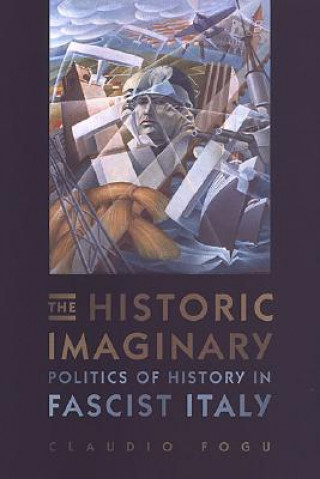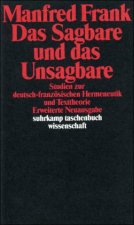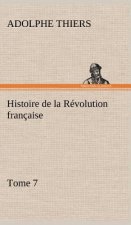
Kézbesítés
Vásárlási tanácsadó





Nem vált be? Semmi gond! Nálunk 30 napon belül visszaküldheti
 Ajándékutalvány
bármilyen értékben
Ajándékutalvány
bármilyen értékben
Ajándékutalvánnyal nem nyúlhat mellé. A megajándékozott az ajándékutalványért bármit választhat kínálatunkból.
Historic Imaginary
 Angol
Angol
 241 b
241 b
30 nap a termék visszaküldésére
Ezt is ajánljuk


Focusing on both ritual and mass-visual representations of history in 1920s and 1930s Italy, The Historic Imaginary unveils how Italian Fascism sought to institutionalize a modernist culture of history. The study takes a new historicist and microhistorical approach to cultural-intellectual history, integrating theoretical tools of analysis acquired from visual-cultural studies, art history, linguistics, and reception theory in a sophisticated examination of visual modes of historical representation - from commemorations to monuments to exhibitions and mass-media - spanning the entire period of the Italian-fascist regime.Claudio Fogu argues that the fascist historic imaginary was intellectually rooted in the actualist philosophy of history elaborated by Giovanni Gentile, culturally grounded in Latin-Catholic rhetorical codes, and aimed at overcoming both Marxist and liberal conceptions of the relationship between historical agency, representation, and consciousness. The book further proposes that this modernist vision of history was a core element of fascist ideology, encapsulated by the famous Mussolinian motto that "fascism makes history rather than writing it," and that its institutionalization constituted a key point of intersection between the fascist aesthetization and sacralization of politics. The author finally claims that his study of fascist historic culture opens the way to an understanding and re-evaluation of the historical relationship between the modernist critique of historical consciousness and the rise of post-modernist forms of temporality.
Információ a könyvről
 Angol
Angol
Kategória




 Hogyan vásároljunk
Hogyan vásároljunk


























